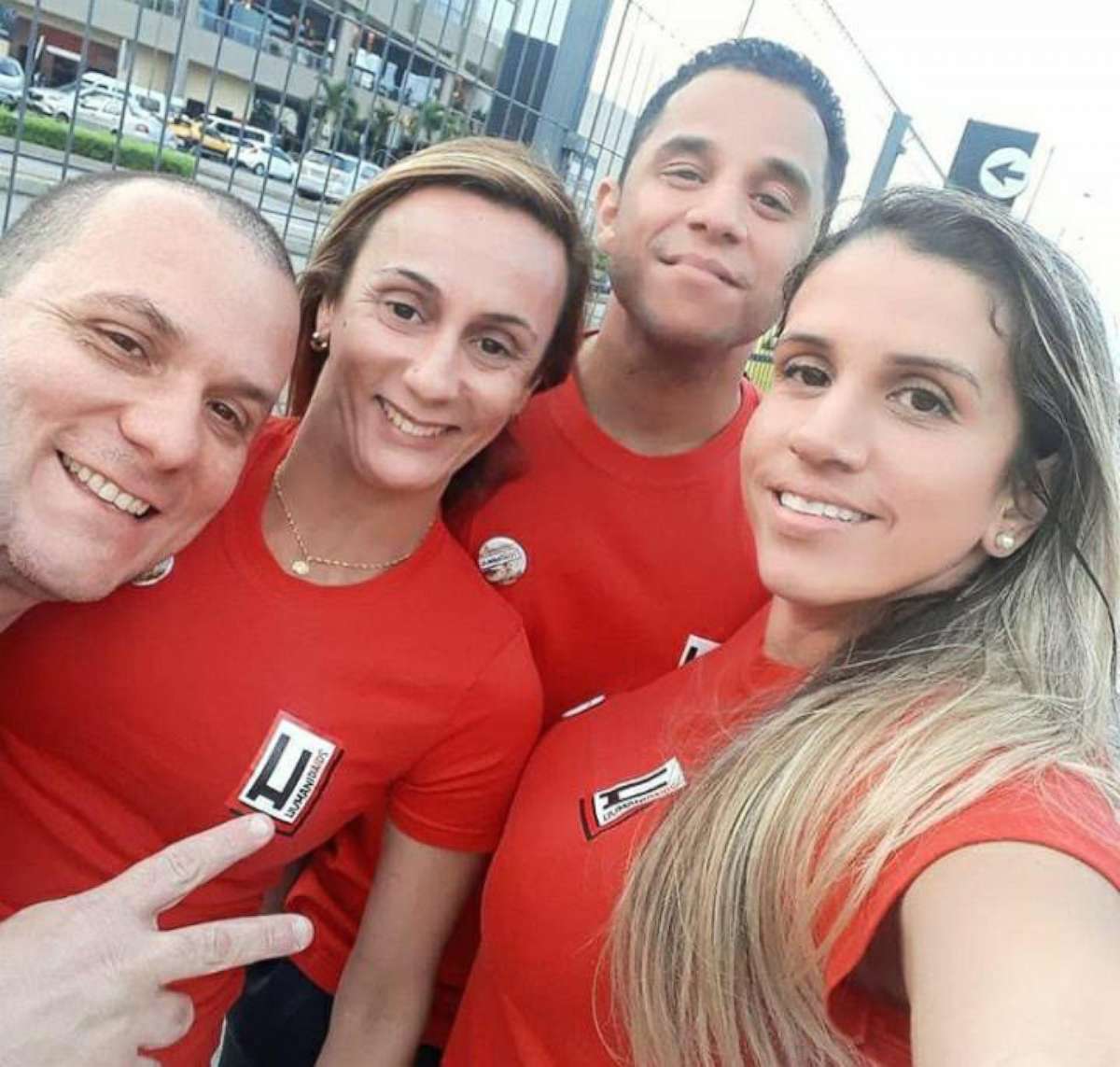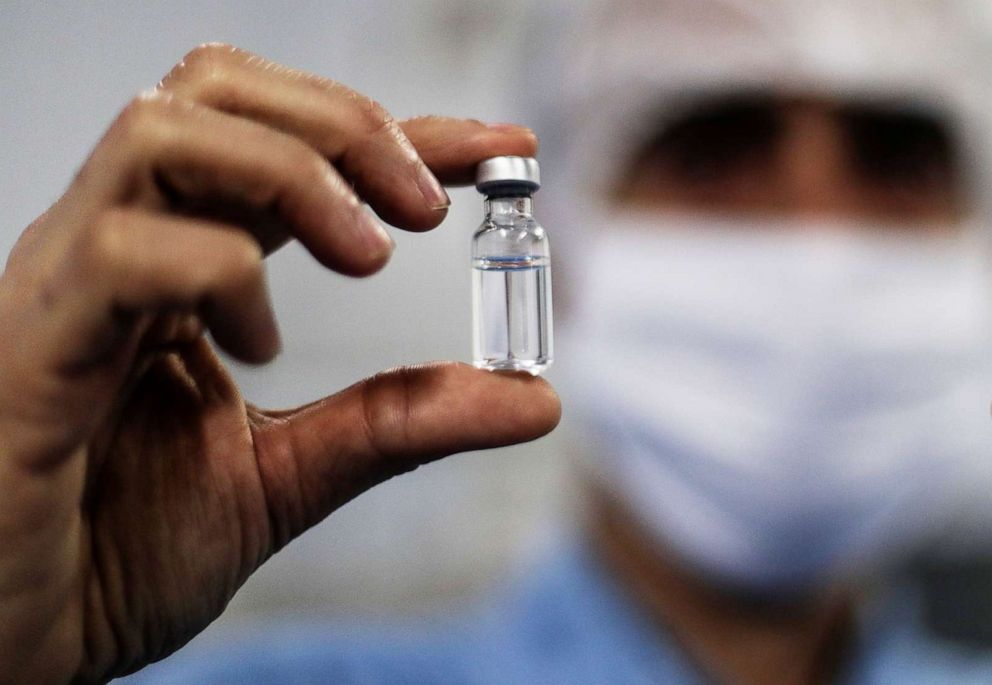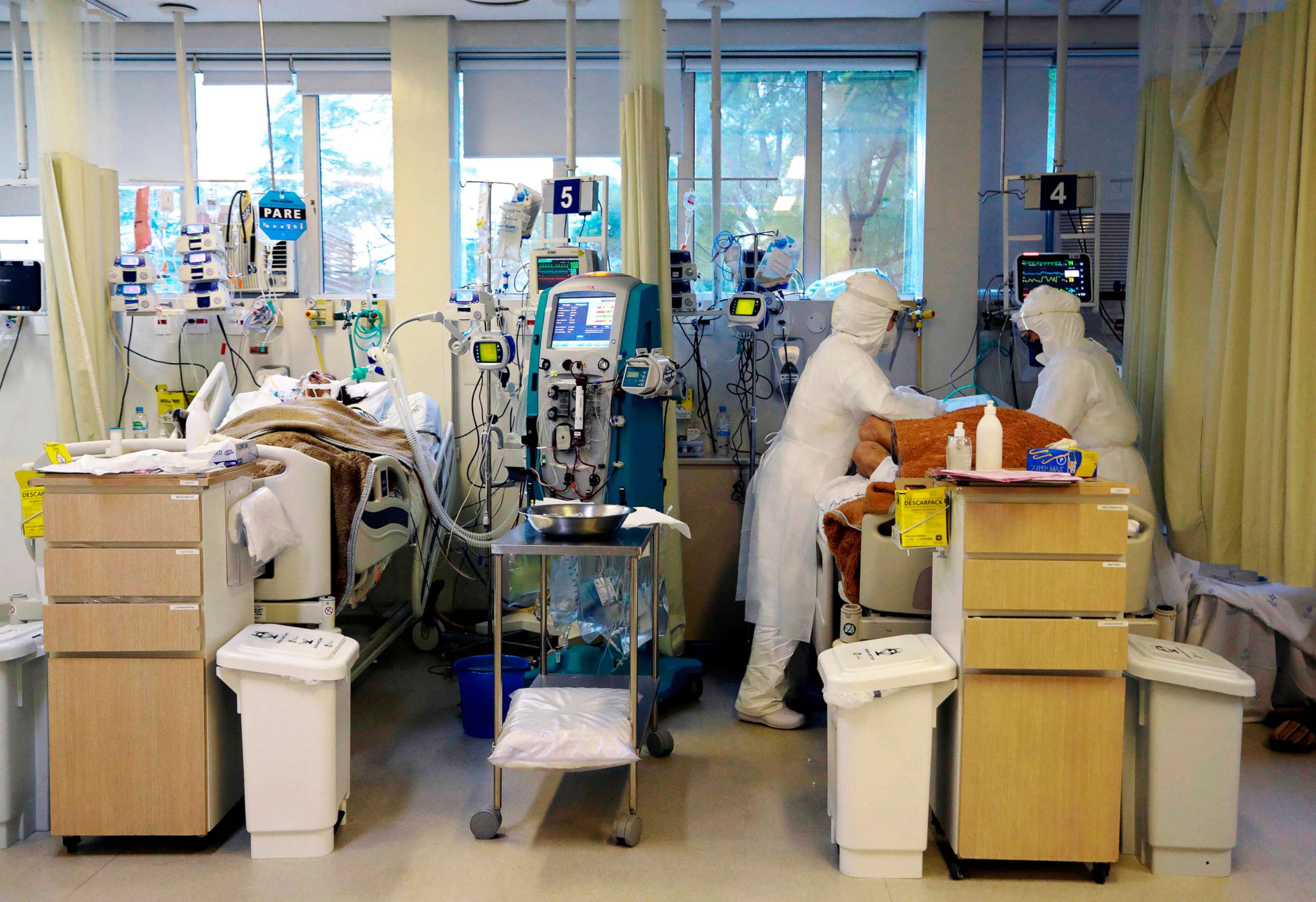COVID-ravaged Brazil becoming vaccine lab for English, Chinese researchers
The prevalence of the virus there makes it a more effective testing ground.
Brazil, the second-worst-hit country by the coronavirus pandemic, is seeing daily case reports and death rolls continue to rise.
In the 24 hours leading up to Friday, more than 45,000 new cases and 1,200 deaths were recorded, according to the country's Health Ministry, pushing the total caseload above 3.5 million and deaths above 112,000, trailing only the U.S.
Yet the prevalence of the novel coronavirus in the country has made it an ideal testing ground for one of the most promising vaccines. In June, the team behind the Oxford COVID-19 vaccine announced it had expanded Phase III trials to the stricken South American country. With cases in the U.K. comparatively low, the Oxford Vaccine Trial group enlisted 5,000 volunteers in Brazil to help widen the scope of their trials and better determine the efficacy of their ChAdOx1 nCoV-19 vaccine.
That's where Jackie Desiderio, a 42-year-old mother of three working at nongovernmental organization that provides HIV outreach in Rio de Janeiro, comes in.
"My profile caught their attention because I am meeting a lot of people nonstop," she told ABC News. "I am meeting more than 50 people per day. Speaking, hugging ... you know how Latinos are. We are friendly."

Part of her work includes promoting condom use to prevent HIV spread.
She was "nervous" prior to taking her first shot. "I kept saying to myself I was doing it to help others... I was proud that I could help and I am still," she said.
"Before I was afraid to take the bus, to sit next to someone," she said. "Now I am not afraid."
But Desiderio is under no illusions of how serious the novel coronavirus can be. Her cousin was intubated after contracting the illness but "miraculously survived," she said.
Professor Sarah Gilbert, one of the leaders of the Oxford Vaccine Project, said in June that it was necessary to expand the trial because there was "little chance of determining efficacy" in the U.K., where community transmission remained low.

The Oxford vaccine developers are not the only ones to sense an opportunity. The Chinese company Sinovac, which is developing a different vaccine, has partnered with Instituto Butantan, a Brazilian company. They launched a Phase III trial there in June.
Results of the first and second phase trials found a strong immune response in the U.K., and Diesiderio said the historic excellence of the British institution was part of the reason she chose Oxford.

The Brazilian government, led by the far-right President Jair Bolsonaro, has come under heavy criticism for its handling of the crisis. Bolsonaro, who recently recovered from COVID-19, once described the illness as a "little flu."
Bolsonaro has tested positive for the virus at least twice. Desiderio herself describes his handling of the crisis as a "real disaster." But the real reason behind her choice to sign up hits far closer to home.
"The only reason why I did this vaccine is because I work for an NGO, and I want to help vulnerable communities," Desiderio said. "In favelas, they can't isolate themselves. We have no other option."




